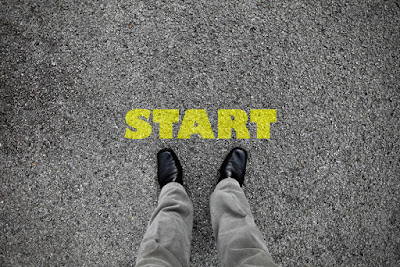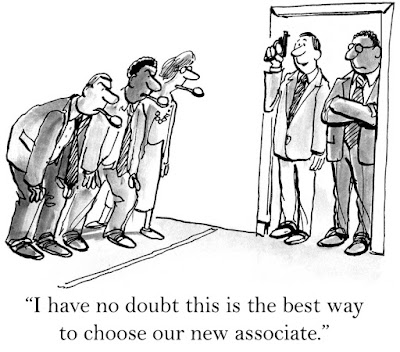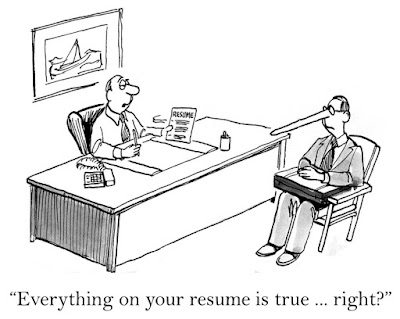Interviewing skills training is important because hiring the wrong person for the job can be a very expensive mistake to make for organizations. The company loses valuable time because it takes a long time to realize that someone was wrong for the job.
The company may spend months testing and training the employee only to realize they just wasted their investment. The financial cost is obvious – the organization is essentially paying the salary of someone who is of no use to them.
Then, the company has to start the hiring and training process all over again, which further adds to the costs. It is bad for the person hired as well – it isn’t really their fault; it is an organization’s job to ensure that the person hired is right for the job.
Interviewing Skills Training to Find the Right Candidates
In most cases, the right interviewing skills lead to hiring people who are truly qualified and full of potential. It results in the company performing better, and the person being hired becomes a valuable asset to the company.
Interviewing skills training allows interviewers to understand what they need to probe and what questions they need to ask. It also teaches them about what to look out for and what are some warning signs that a candidate may not be the right person for the job.
It is an essential skill for any recruitment manager; anyone who is handling recruitment for the company that does not have the right skills will end up filling the company with low-performing employees, which will spell disaster for the company.
Who Needs Interviewing Skills Training?
Any manager that handles hiring and recruitment needs the right interviewing skills training. Most major corporations ensure that all of their managers are properly trained because they know the true cost of hiring the wrong person. The problem is that most people think that they are a good judge of character.
You can easily understand the problem by looking at your personal life. We all had friendships which turned out to be toxic, and many of have made relationship mistakes which resulted in us being with the wrong person. The same is true for professional life as well.We may misread someone and think that they will be an asset of the company when in reality they turn out to be a liability.
The New Parameters of Interviews
Interviewing skills training is also important because the way interviews are conducted is changing. More interviews are being conducted online through video conferencing or on call than ever before. It becomes even harder to judge someone if they are not in the same room as you.
However, with the right training, a manager will be able to understand and connect with people and accurately assess their real potential for the company. Companies happily pay for this training for their managers because they know that the cost of hiring the wrong person is much higher than what any training would cost.







